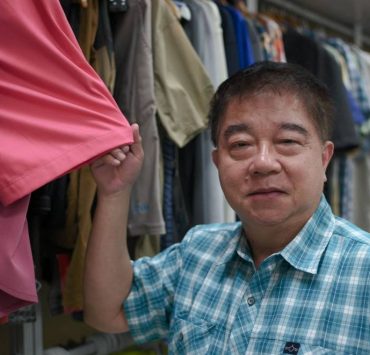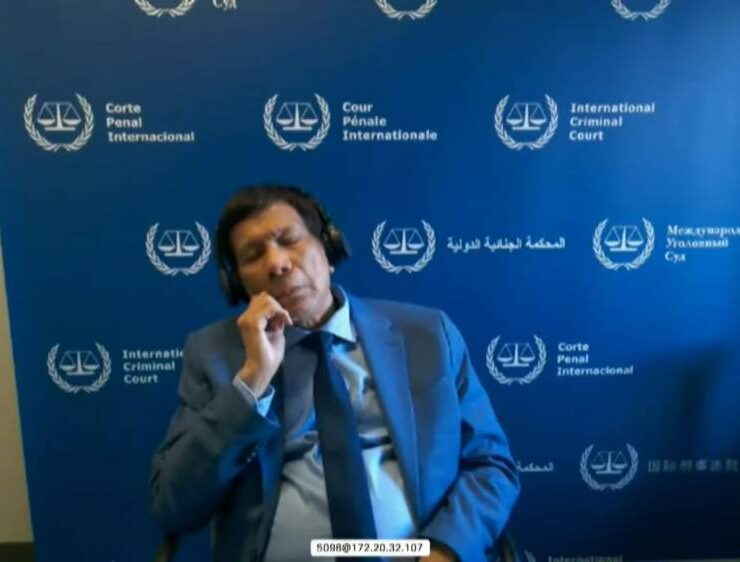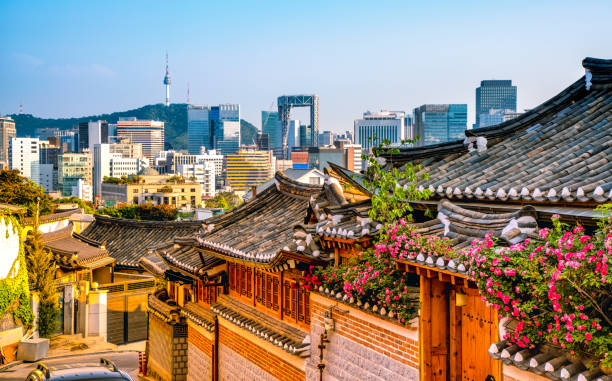Redemption for Bureau of Customs

The Bureau of Customs (BOC) has been on a veritable winning streak of late, scoring major seizures of smuggled agricultural products and counterfeit items, fanning hopes that there is hope for the government agency that has become synonymous with widespread corruption.
Late last week, the Customs Intelligence and Investigation Service-Manila International Container Port raided a warehouse in Binondo and seized some P4.8 billion worth of smuggled vapes and counterfeit products of such brands as Gucci, Louis Vuitton, Dior, Adidas, and Nike, as well as cosmetics and general merchandise such as school supplies bearing the popular Hello Kitty, Spider-Man, and Disney characters.
It was one of the biggest hauls this year for the BOC, which has a target to collect at least P939.69 billion revenue for 2024.
“As these groups and individuals become more brazen in their attempts to circumvent our laws, the more that our BOC personnel—from top to bottom—will find and prosecute them,” vowed BOC Commissioner Bienvenido Rubio.
Close collaboration
The BOC must do no less as smuggling causes extensive damage not just to the macroeconomy in terms of lost government revenues that would have gone to social development programs but also to consumers who may be buying toxic or unsafe materials as well as microentrepeneurs.
These range from the factory workers in garment companies that had been forced to close because they can no longer compete with artificially cheap imports to the farmers who are no longer willing to plant key crops because selling prices have been dragged down by smuggled items, ultimately rendering them uncompetitive.
It is thus encouraging that the BOC has been working closely together with the Department of Agriculture to clamp down particularly on the smuggling of agricultural products given the impact on farmers and fisherfolk.
Four convictions
It also led to the interception in August at the Manila International Container Port of some 3,200 cartons of fresh oranges from Thailand worth P8.42 million that did not have the necessary clearance from the DA’s Bureau of Plant Industry and, after inspection, were deemed unsafe for human consumption.
These cases drive home the importance of heightened monitoring of the country’s borders by the two agencies to ensure that unlawfully imported products that can harm the economy as well as consumers will not end up in the local markets.
In the first six months of 2024, the BOC reported that it conducted 257 seizure operations that secured P54.740 billion worth of smuggled goods.
Also, its legal department filed 24 criminal cases against those involved in smuggling operations in the first half. And more importantly, it was able to secure four convictions against those found violating the Customs Modernization and Tariff Act and other related customs laws.
Numerous scandals
Heightened surveillance, active monitoring, plus strict adherence to collection guidelines that led to seizures of agricultural and nonagricultural products likewise helped the BOC exceed its revenue collection target for January to August, and putting the country on track to even exceeding the target this year by some P30 billion.
As of the end of August, the BOC collected a total of P614.781 billion, surpassing the target for the period of P609.592 billion by 0.9 percent, or P5.189 billion. This also beat the collection last year of P581.491 billion by 5.7 percent or P33.290 billion.
Clearly, BOC’s strategies in valuing goods, and making the proper duty assessments to minimize underdeclaration, misclassification, and enhanced efficiency, transparency, and overall fiscal management have been paying off, helping make the case for their increased budget for 2025.
It has proposed a budget of P5.66 billion, which the Department of Finance said was a “meager amount” compared to its target collection next year of P1.06 trillion, while reinforcing its role as “a guardian of the nation’s economic interests.”
Given what it has so far accomplished under the term of President Marcos, there is a good chance that the BOC will be able to secure its budget.
But more than that, if it stays on this path and strictly enforces customs rules regardless of who it may run into along the way, then it may well achieve what previous administrations had failed to do: Restore public trust that had been eroded by the numerous scandals that had rocked the agency, from the entry of illegal drugs and employees leading lifestyles way beyond what their government salary can afford.
Indeed, there may be redemption yet for the much-maligned BOC.





















